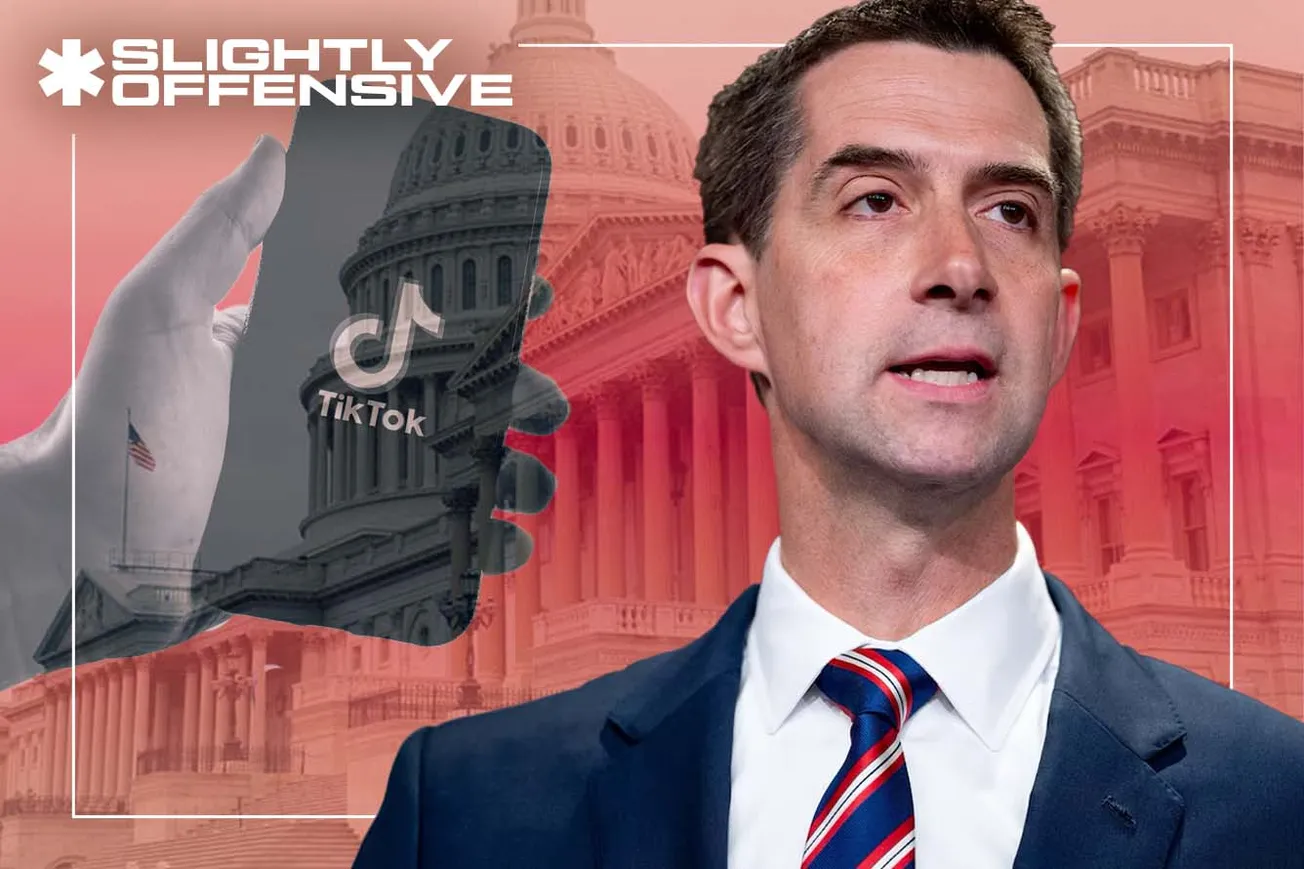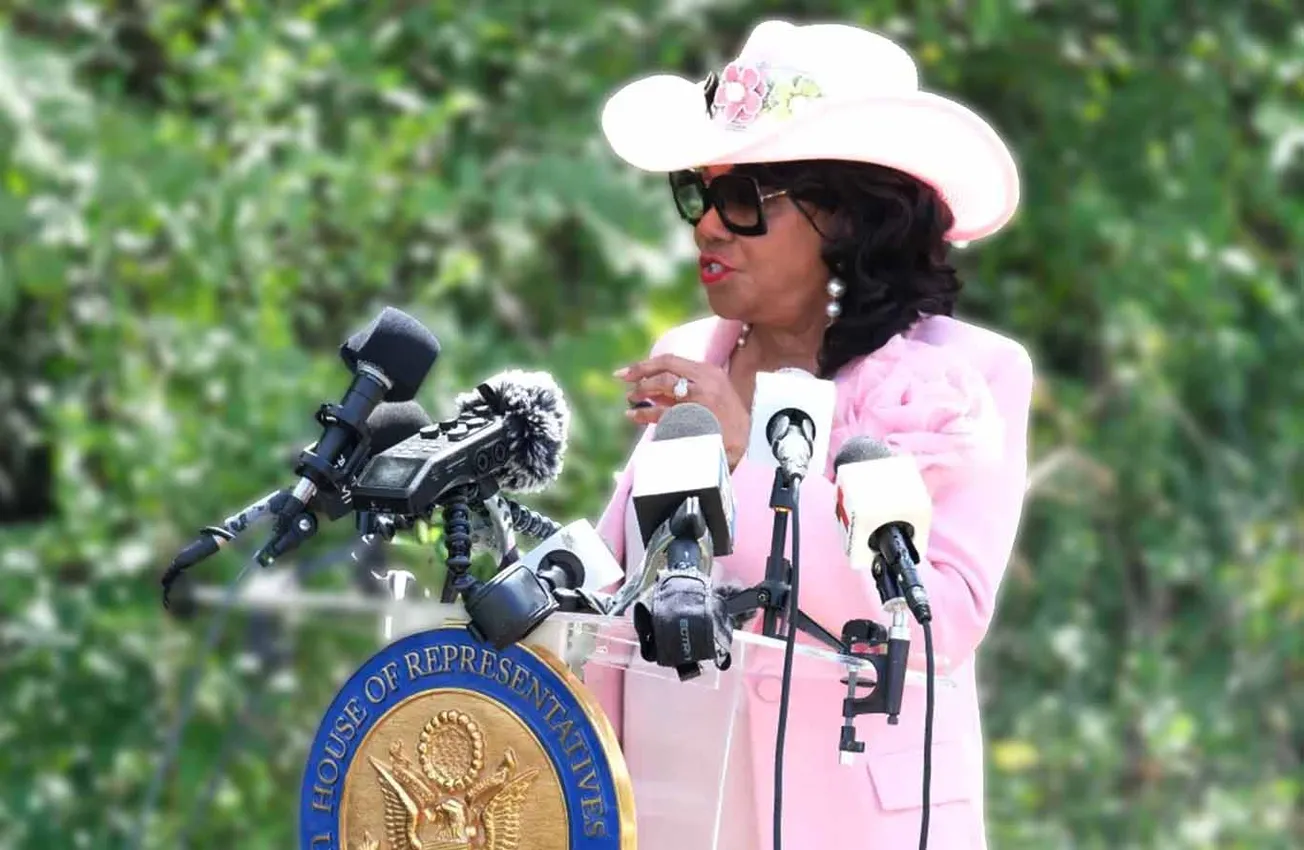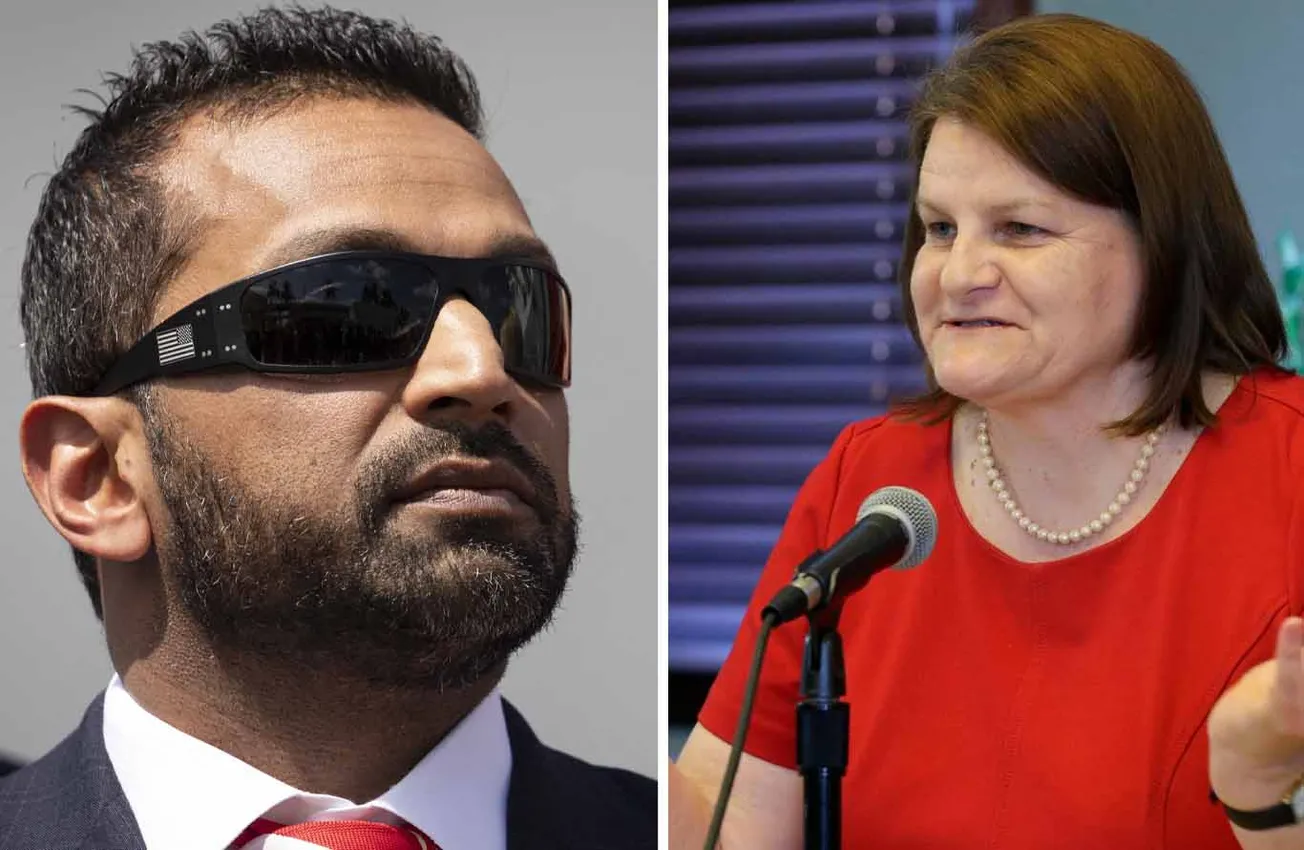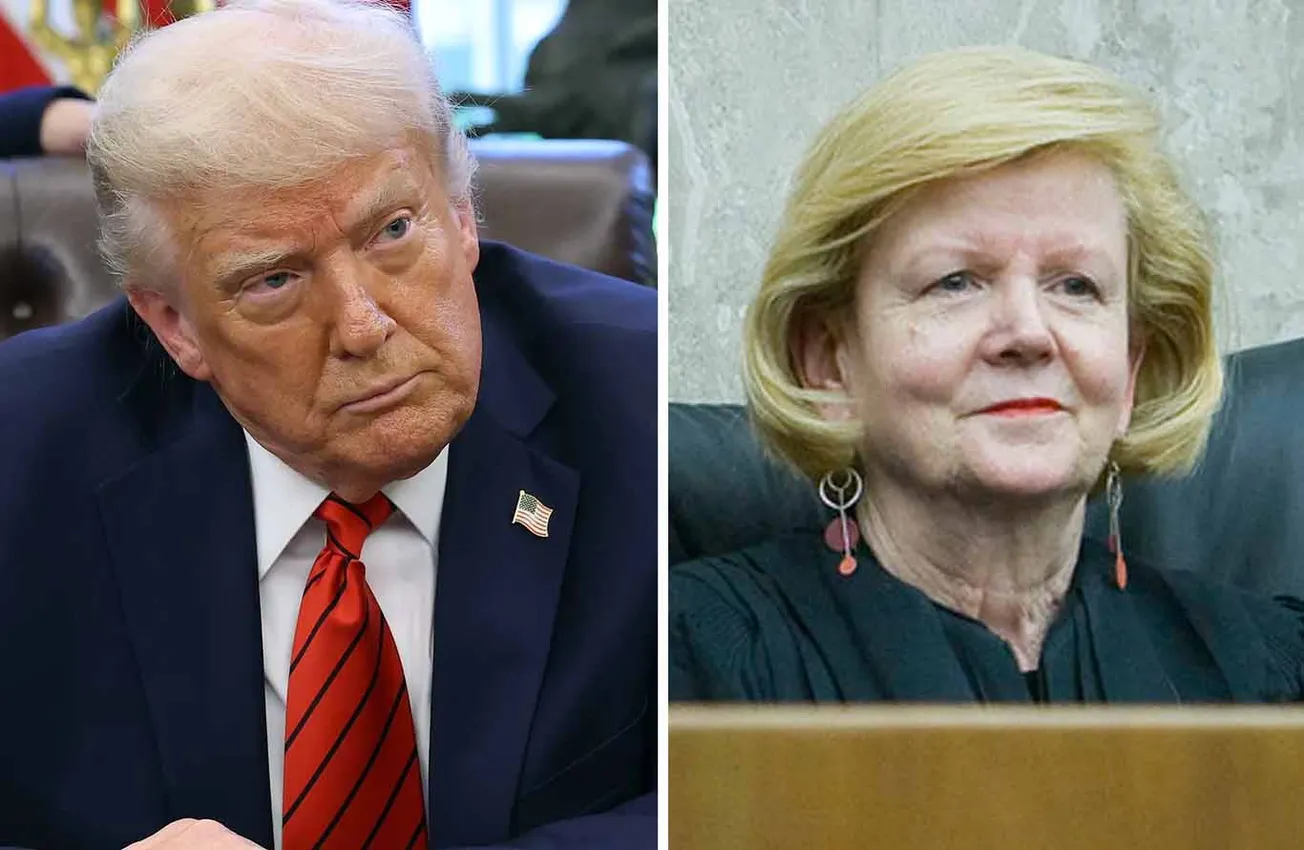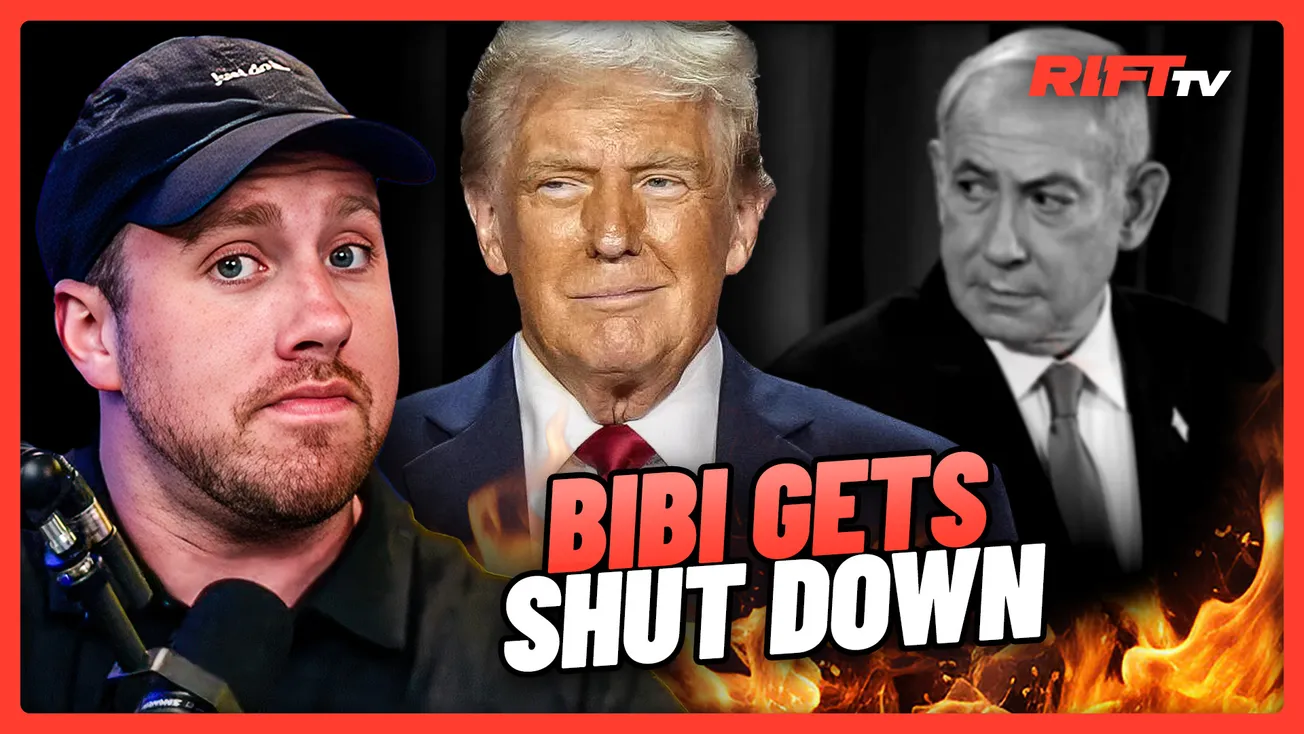The political drama surrounding TikTok took another turn as President-elect Donald Trump made the controversial decision to delay the app’s ban, effectively reinstating it in the U.S.
While some view this as a pragmatic move, others within the Republican Party see it as a capitulation to foreign influence and a national security risk. Senators Tom Cotton (R-Ark.) and Lindsey Graham (R-S.C.) have emerged as vocal critics, highlighting the growing divide within the GOP over this issue.
My statement with @SenatorRicketts on TikTok being removed from app stores. pic.twitter.com/RwLcKBOxBw
— Tom Cotton (@SenTomCotton) January 19, 2025
Why Did Trump Change His Mind?
The timing of Trump’s decision has raised eyebrows. During his campaign, Trump’s presence on TikTok played a significant role in reaching younger voters, who have largely embraced the platform. Did his campaign success on TikTok influence this reversal? Or is there a deeper strategy at play?
Trump’s decision to issue an executive order delaying the enforcement of TikTok’s ban gives ByteDance, TikTok’s parent company, additional time to divest its U.S. operations. Some speculate that this move reflects Trump’s desire to capitalize on TikTok’s popularity without jeopardizing his image as a defender of American interests. But this shift has also opened him up to criticism from within his own party.
The Opposition: Cotton and Graham Speak Out
Senator Tom Cotton has been one of TikTok’s most vocal opponents, citing national security concerns. He recently warned that companies facilitating TikTok’s operations could face legal liabilities under securities law, shareholder lawsuits, and state attorney general actions. Cotton’s argument hinges on the risks posed by TikTok’s Chinese ownership and its potential to allow the Chinese Communist Party access to American user data.
Senator Lindsey Graham’s opposition focuses on the broader issue of the “Chinese golden share structure,” a corporate ownership model where the Chinese Communist Party holds controlling influence in companies like ByteDance. Graham has announced plans to introduce legislation targeting companies with golden share structures, aiming to ban them from U.S. exchanges and remove existing ones.
Both senators frame their opposition as a matter of national security, arguing that TikTok represents a vulnerability that cannot be ignored. Their stance contrasts sharply with Trump’s apparent willingness to negotiate with ByteDance.
After having met with many people regarding the TikTok issue, it is apparent that what’s known as a “Chinese golden share structure” is standing in the way of saving TikTok.
— Lindsey Graham (@LindseyGrahamSC) January 19, 2025
If a company has a “golden share structure ” it means that one of the shareholders is Xi Jinping, the…
Speculation Over External Influences
While the ban on TikTok has been primarily justified by national security concerns tied to its Chinese ownership, alternative theories have surfaced. Some social media discussions suggest that external pressure, including from pro-Israel groups, may be influencing lawmakers. These theories point to TikTok’s hosting of pro-Palestinian content as a potential factor. However, there is limited evidence to support this claim, and the dominant narrative remains focused on concerns over data privacy and foreign influence.
Trouble in the GOP or Business as Usual?
The disagreement between Trump and these prominent Republican senators raises questions about unity within the GOP. Is this rift symptomatic of a deeper division in the party, or is it merely a policy disagreement? On one hand, Cotton and Graham’s criticisms reflect traditional Republican concerns over foreign influence and national security. On the other, Trump’s pragmatic approach underscores his focus on public perception and media influence.
Some argue that this is a natural tension within any political party. Trump’s populist strategies often clash with the GOP’s institutional priorities, but the party has navigated these divides before. Others, however, view this as a sign of increasing fragmentation, particularly as Trump continues to reshape the Republican platform to align with his own brand of politics.
What’s Next for TikTok and the GOP?
As Trump’s executive order temporarily saves TikTok, the debate over its future—and the broader implications for U.S.-China relations—is far from over. Cotton and Graham’s calls for stricter measures could gain traction, particularly as they work to introduce new legislation targeting Chinese influence in American markets.
For now, TikTok’s reinstatement highlights the competing priorities within the GOP: balancing national security concerns with the realities of modern political and cultural influence. Whether this disagreement represents a crack in the party’s foundation or simply a momentary policy debate remains to be seen.
One thing is certain: TikTok’s fate is now as much a political question as it is a corporate one.
Please leave your opinions / comments on these stories below, we appreciate your perspective!

